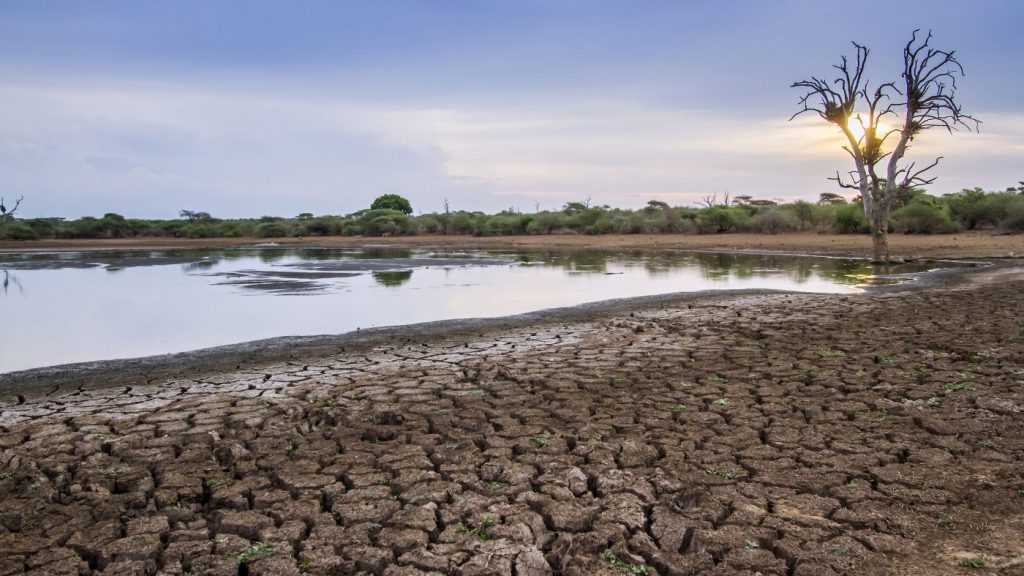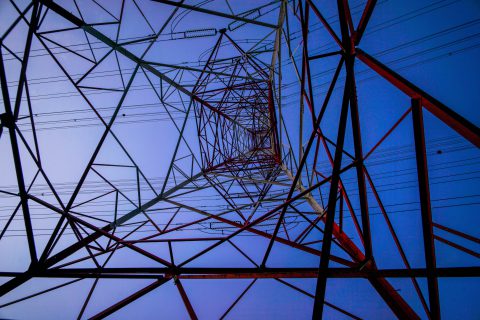Government & Politics Voice of the Local Government
Water Technology Innovations
Water is life. Not only is the human species heavily dependent on this precious resource for its survival, but access to water is also a constitutional right. To this end, municipalities, as the third sphere of government, are charged with ensuring that communities have adequate water supplies. Furthermore, water is catalytic for socioeconomic development, with key sectors of the country’s economy being highly dependent on water for productivity.
Currently, parts of South Africa are experiencing a severe water crisis. Due to a particularly dry summer season, Western Cape dam levels are now reaching critically low levels. Premier Helen Zille, in May, declared the province a disaster area, adding that this drought is the worst experienced since 1904. As a result of this ongoing crisis, it has become increasingly necessary for all stakeholders, from the grassroots level to the top, to take action to alleviate the problem.
As the overarching authority charged with co-ordinating and encouraging co-operation between South Africa’s municipalities, the South African Local Government Association (SALGA) is strategically placed to play a hugely important role in ensuring that the water management procedures being implemented at the local level are done so effectively, in order to best serve the interests of the local community. One way in which SALGA is attempting to lead municipalities in this regard is to improve water management initiatives by drawing upon the knowledge and expertise of counterparts in the Netherlands.
Over the years, SALGA has built a solid relationship with VNG International in the Netherlands, and in the past these two organisations have come together to run programmes beneficial to municipalities.
Memorandum of understanding
In March this year, SALGA, represented by CEO Xolile George, and the Embassy of the Kingdom of the Netherlands, represented by Her Excellency Marisa Gerards, signed a memorandum of understanding (MoU) in Pretoria. Through knowledge sharing, it is hoped that this MoU will see the two parties joining forces to enhance water technology innovations in South Africa’s municipalities.
Furthermore, part of SALGA’s long-term strategy in advancing technologies in municipalities is to explore a programme for engineers, to assist municipalities with their water management skills and technological advances.
This MoU builds on an existing relationship between the Dutch Embassy and South African municipalities. Since 2012, the Dutch government has financed the Centre of Expertise, which has assisted municipalities in eThekwini, Johannesburg and Cape Town in exploring more than 30 new technologies for the provision of water and sanitation services. The centre seeks to consolidate efforts by SALGA to expose municipalities to innovative technologies, and to encourage the provision of sustainable partnerships with the private sector. Consolidating this relationship is likely to be fruitful for South African municipalities, who can potentially learn a lot from the Dutch government’s experiences in water management.
In reference to this knowledge-sharing arrangement, William Moraka, director of Water Affairs at SALGA, says: “The Netherlands is one of the leading countries when it comes to water technology. What is remarkable is that they have such a vast number of small and medium enterprises that develop and implement new technology in close collaboration with the water and sanitation utilities.
Most of these new technologies could be applied in South Africa and would actively contribute to alleviating our water supply and sanitation issues. They also have a governance structure that allows the water authorities considerable independence, resulting in efficient supply against affordable costs and minimal water losses.
The Dutch are internationally recognised as being amongst the best in the field of water management.”
The need for change
According to Moraka, there is a number of pressing concerns pertaining to water-resource management. Despite considerable improvement since 1994, there are still communities that do not have access to adequate basic water and sanitation services.
Furthermore, much of the existing infrastructure has exceeded its life span and is in need of replacement, expansion and upgrading. This provides a great opportunity to look at new technology that will decrease costs for municipalities and the ratepayer. While it is understood that some of these measures will require a higher initial investment, it is expected that they’ll provide better water quality, increased security and a more sustainable water supply in the future. On another level, Moraka points out that climate change and population growth are continuing to put pressure on water and sanitation services.
The recent drought experienced in large parts of the country is testimony of the need for improved water-saving technology and ongoing investment in infrastructure. As a result of water scarcity, it has now become apparent that there is a need for municipalities to explore other ways of sourcing water, such as through the reclamation of treated waste water.
In addition, the implementation of water management schemes needs to be balanced with the cost of water, because currently water is not appropriately priced to meet expenditure and thus is not self-sustaining.
Looking to the future
SALGA acknowledges that water management is the constitutional obligation of local government, and there is a number of new technological measures that have been introduced within local communities to alleviate some of the water management issues. One such example is that of trenchless technologies, whereby old pipes are replaced without digging up the street and causing disturbances to traffic and the local economy.
Additionally, through the use of UV-disinfection lamps instead of chlorine, municipalities are improving the quality of water supplies and bringing their processes in line with international standards. There are also plans to improve sludge-digestion processes in order to increase efficiency in the production of biogas, which can be used to reduce energy bills at the municipal level.
To conclude, it is evident that water management is a huge concern for local communities in South Africa. And SALGA’s historic partnership with the Dutch government has been further entrenched through the MoU.
Through closer co-operation with the Dutch authorities, under the guidance of SALGA, prospects for water management at the community level are looking brighter.
Moving forward, SALGA will be tasked with the important role of co-ordinating municipalities in such a way that they are kept informed of the latest technological developments in the area of water management and are fully able to utilise the opportunity to learn from experiences in the Netherlands.






 Sign-up and receive the Business Media MAGS newsletter OR SA Mining newsletter straight to your inbox.
Sign-up and receive the Business Media MAGS newsletter OR SA Mining newsletter straight to your inbox.